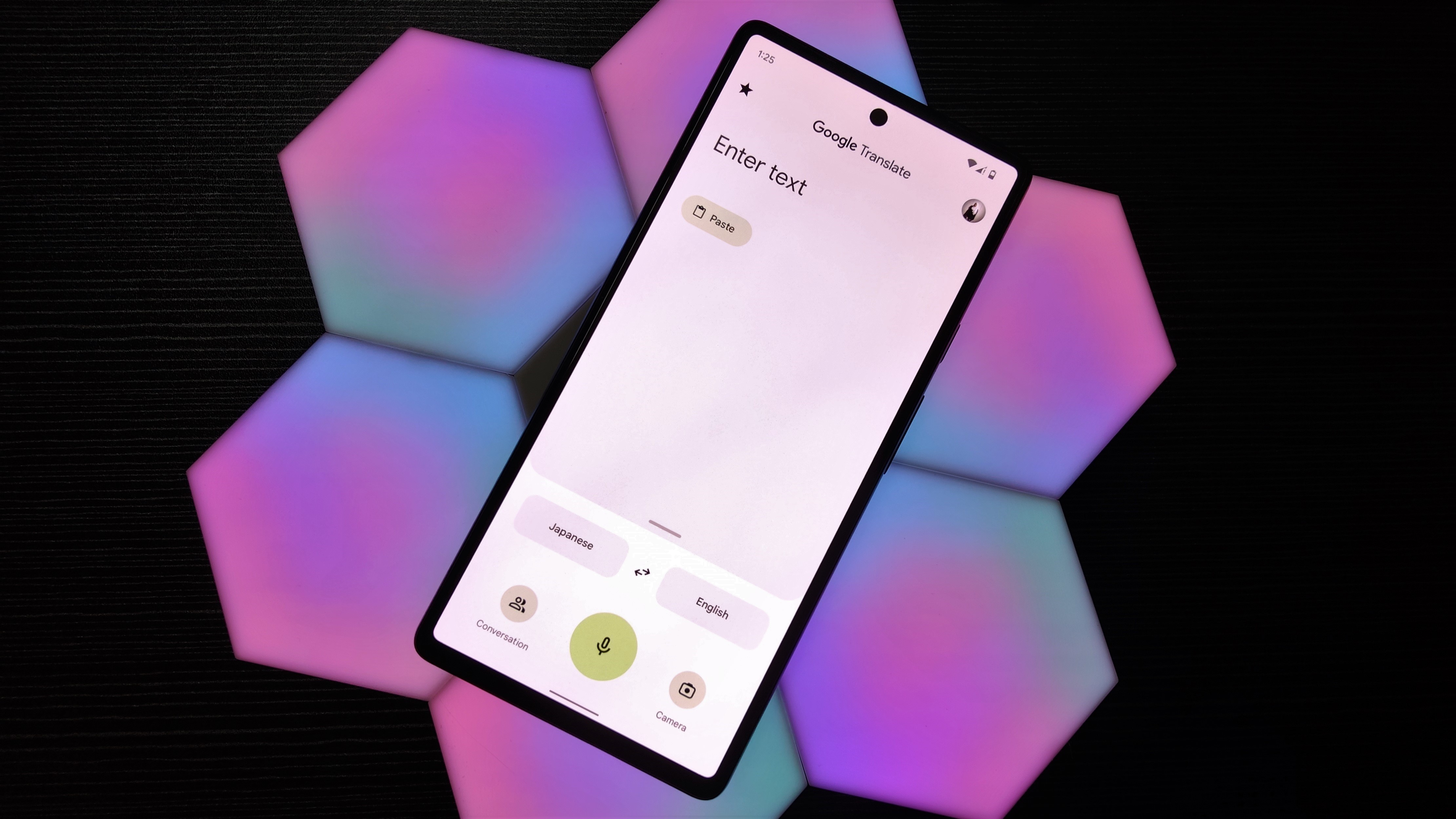Best foldable phones
Bigger screens in a compact body.
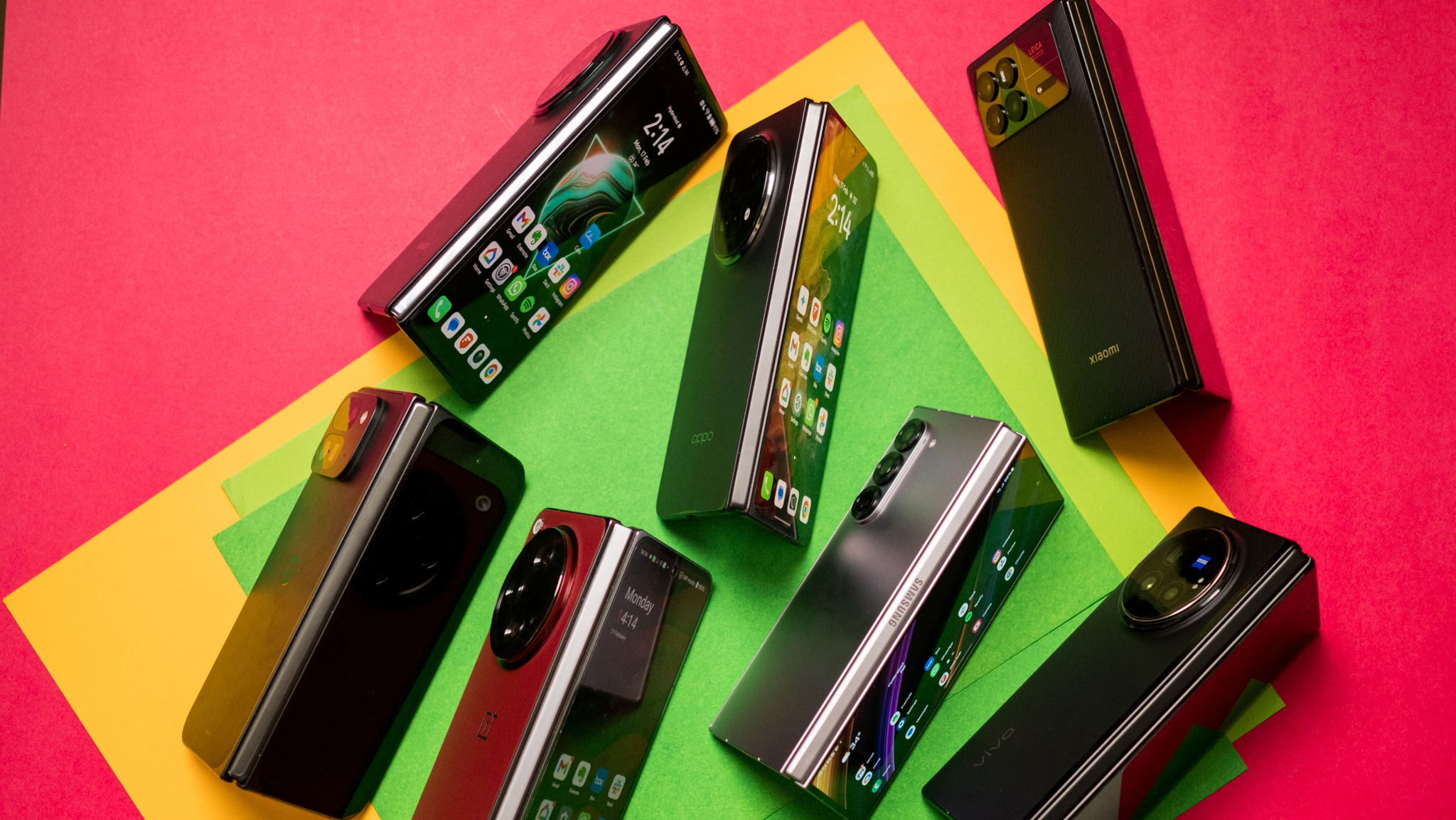
At a glance
1. Best overall
2. Best budget foldable
3. Best cover display
4. Best premium foldable
5. Best with a stylus
6. Best design
7. Best innovation
How to choose
Foldable phones initially offered extra screen space in exchange for major compromises, but the technology behind them has matured immensely in the past few years alone. Large folding phones are still quite expensive, and even small foldables are priced in the upper echelon of flagship territory.
Nowadays, the modern best foldable phones offer highly durable displays, flagship cameras, high-level dust and water resistance, and slim designs. If you want to stand out or need a larger screen for media consumption and productivity, foldable phones is where it's at.
Following a few stagnant generations of Samsung foldables, the Galaxy Z Flip 7 sets the standard in 2025 as our pick for best foldable phone. Samsung's flip phone might not be quite as versatile as Motorola's Razr line, but the wide availability and much longer software support makes it the best overall pick. Here are all the best options to consider in the world of foldables.

Nick grew up in a telecom-savvy household and has been reviewing phones since 2011. Whether it's waxing poetic about Nokia's glory days or flipping open the latest foldable phones, he knows what makes a good phone and can help you understand which one to pick.
At a glance
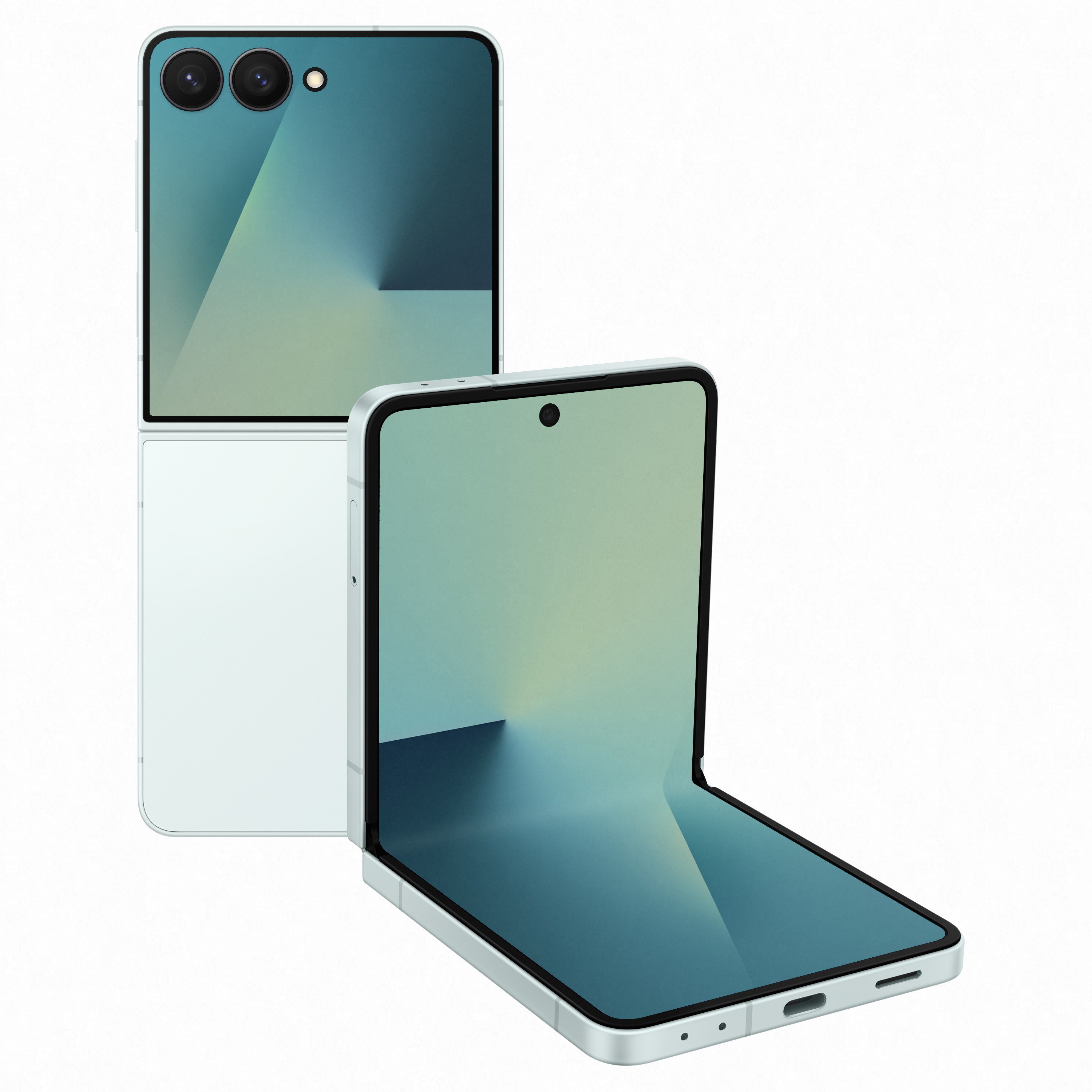
Best overall
The Samsung Galaxy Z Flip 7 is the result of years of refinement, with sleek, durable construction, larger displays, a surprise change to the chipset, and a bunch of extra features that help keep this atop the list.
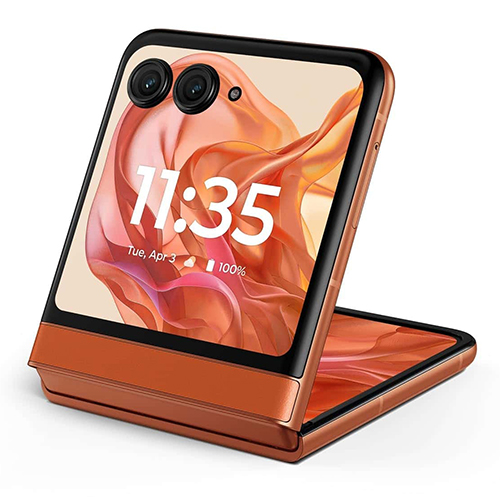
Best budget foldable
The 2025 refresh of the Motorola Razr gets new colors, IP48 rating, and a larger battery. Coming in at the same price as the older model, the new Razr is fantastic value.
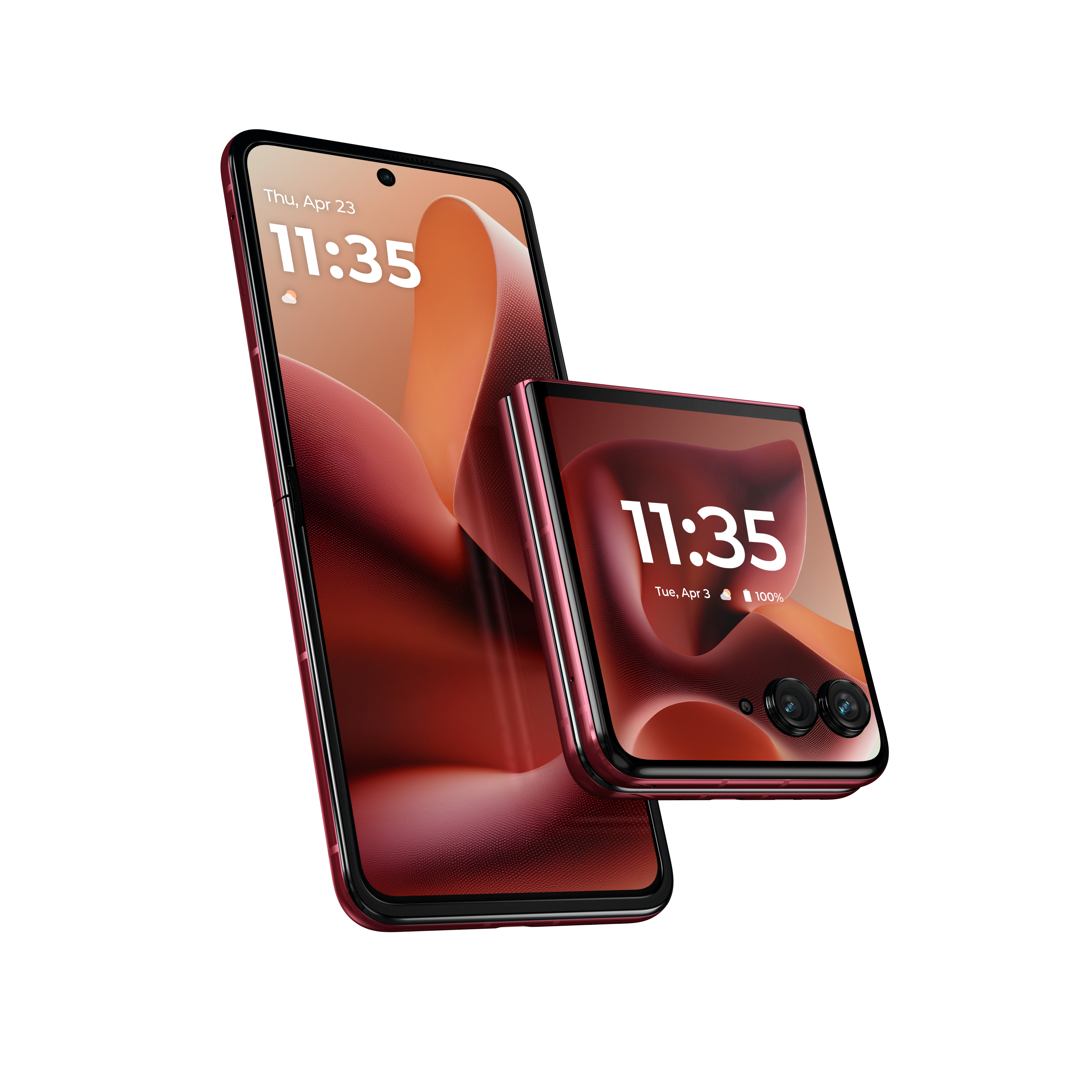
Best cover display
It most priciest Razr in the family, the new Razr Ultra boasts of an incredible cover display with a 165Hz refresh rate, Full-HD+ resolution, and a very high peak brightness.
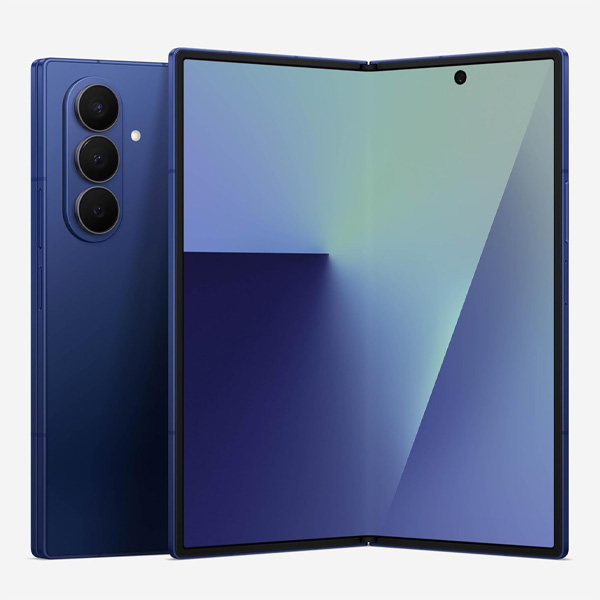
Best premium foldable
Samsung finally delivered one of its most meaningful upgrades to the Z Fold line with the Galaxy Z Fold 7. Not only is extremely thin, but it's also equipped with a much better camera system and a sleek, premium design.
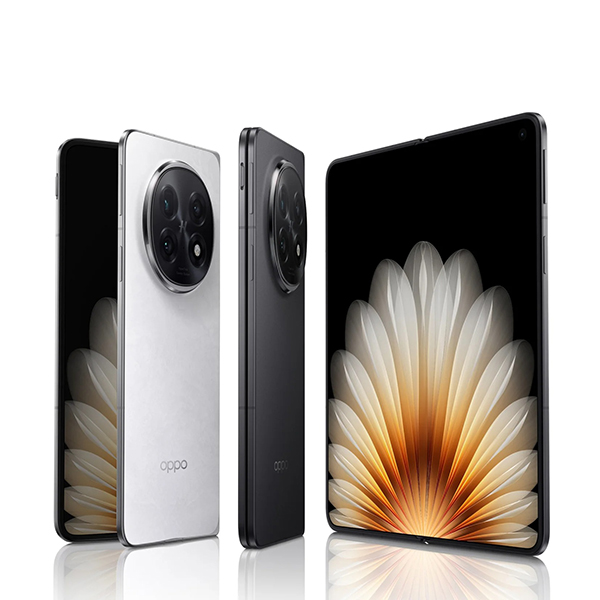
Best with a stylus
The Find N5 by Oppo is one of the thinnest foldables around, which is incredible as it is. Plus, you get a tablet-sized 8-inch folding display, outstanding cameras, and IPX9 ingress protection.
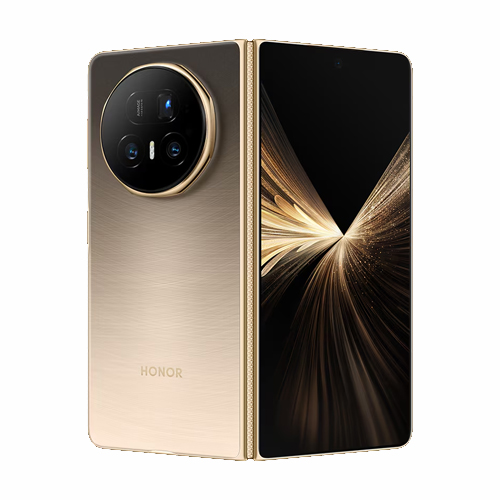
Best design
The Honor Magic V5 is lighter, and has better displays than its predecessor. Plus, it looks sophisticated and futuristic at the same time, making it one of the best looking foldables.
Load the next product ↓
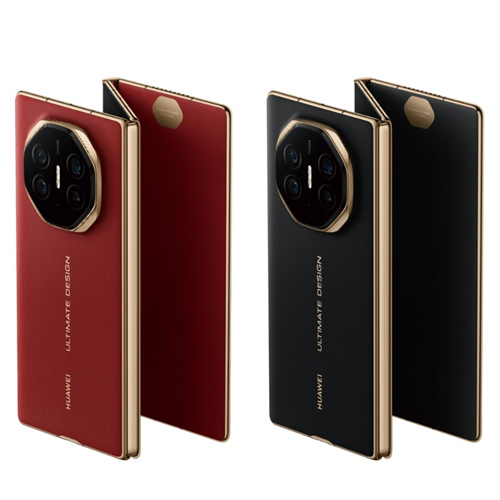
Best innovation
Huawei is already living 10 years into the future with its incredible Mate XT tri-fold smartphone. Open it up to a massive 10.2-inch OLED display, which is the dream tablet size to have in your pocket.
Best overall
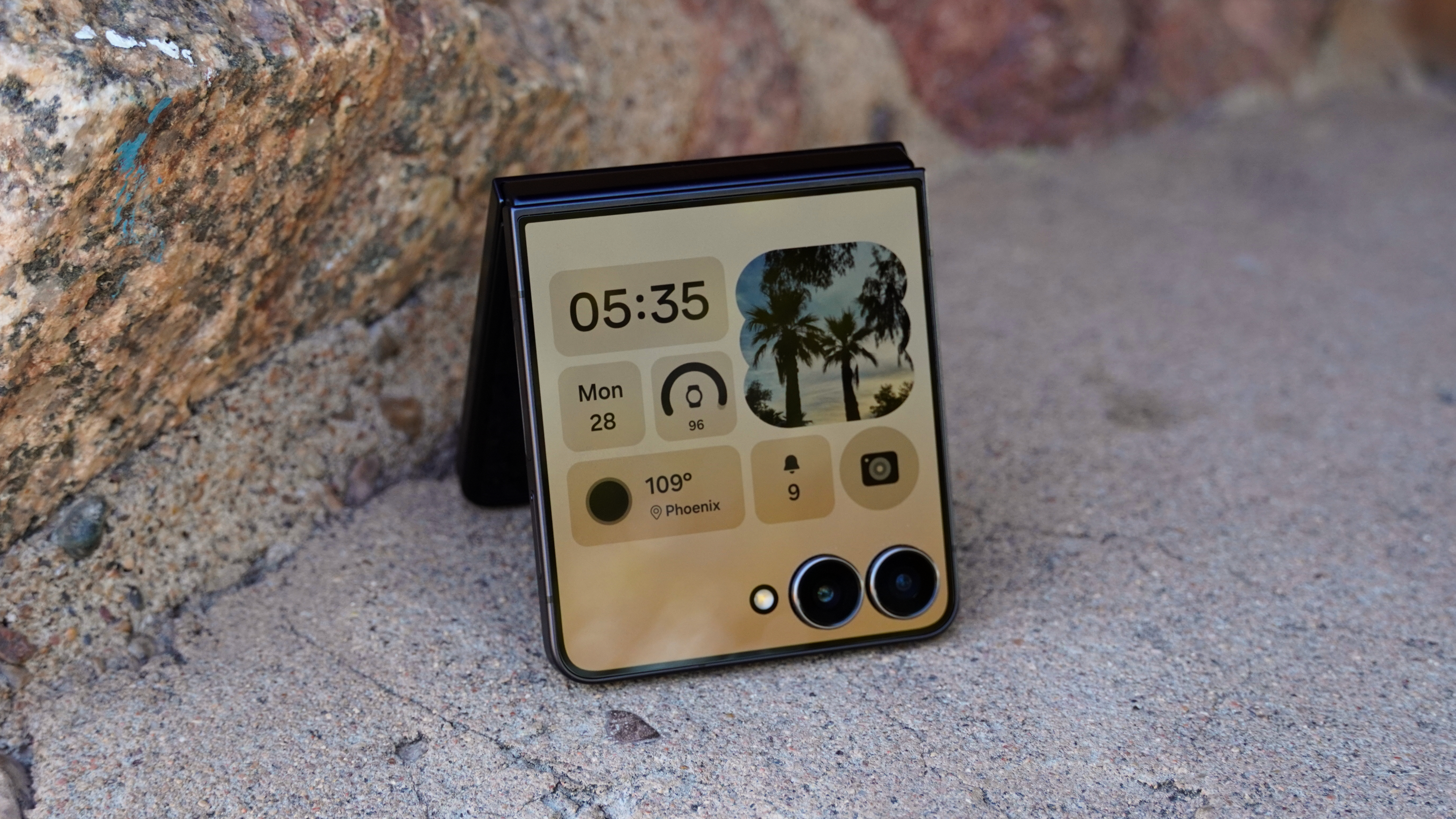
Specifications
Reasons to buy
Reasons to avoid
Samsung has been gradually increasing the size of the outer cover screen with its previous Z Flip models, and the Z Flip 7 is no exception. It's now equipped with a 4.1-inch Super AMOLED display, complete with a 120Hz refresh rate. Samsung also lets you fit multiple widgets onto a single panel, although you still need to set up the external display using Labs or Good Lock to get more use out of it.
At 4.1 inches, this screen is big enough to use a full-sized keyboard to reply to messages, run full apps, and more while relying on the larger, inner display less often. That's convenient for everyday use — it's certainly more glanceable than having to open the phone — plus, using a smaller display more often will inherently improve daily battery life since the phone doesn't have to power a big display every time you use it.
In order to help facilitate the larger 4.1-inch cover screen, Samsung also made the Flip 7 a bit wider. As a result, the phone feels more akin to the Galaxy S25 Plus or the S25 Edge, which should make for a more comfortable experience overall.
One surprising change with the Flip 7 is Samsung's move away from Qualcomm and the Snapdragon 8 Elite. Instead, we have the Exynos 2500 SoC, which is still quite performant, but there are definitely some overheating concerns. So while the Flip 7 might not be quite as powerful, the reliance on the Exynos 2500 now brings Samsung DeX to its flip phone.
Last year, we saw Samsung upgrade the Galaxy Z Flip 6 cameras, and those same cameras return with the Flip 7. As such, there's a 50MP primary wide-angle camera, paired with a 12MP ultrawide, and a 10MP selfie camera on the inner screen. Just don't expect to zoom in very far since there's still no telephoto lens.
And finally, the Galaxy Z Flip 7 has been promised a whopping seven years of major OS and security updates.
Best budget foldable

Specifications
Reasons to buy
Reasons to avoid
This year's budget winner is the improved Motorola Razr (2025), which comes in at the same great $700 price tag. That's $400 less than the Samsung Galaxy Z Flip 6, making it the most affordable new foldable phone you'll find today. The new model has gotten upgrades too like an IP49 rating, stronger hinge, larger battery, and new Pantone colors.
The Mediatek Dimensity 7400X processor inside is plenty snappy as it's similar to the one used on the 2024 model, but there were a few times where we felt like the phone could be more powerful. The battery capacity has also been bumped up to 4,500mAh battery means you'll actually be able to get through a full day's use on a single charge and maybe more, unlike most other flip-style foldables.
The external 3.6-inch 90Hz OLED display is the star of the show, easily taking on the flagship Z Flip 6 and kicking its butt in terms of functionality. You can do so much with the cover display that it's like having two phones in one. In fact, you can use the phone in its entirety without even opening up the main screen, because Motorola doesn't put any restrictions on what you can do with the cover display.
Best cover display
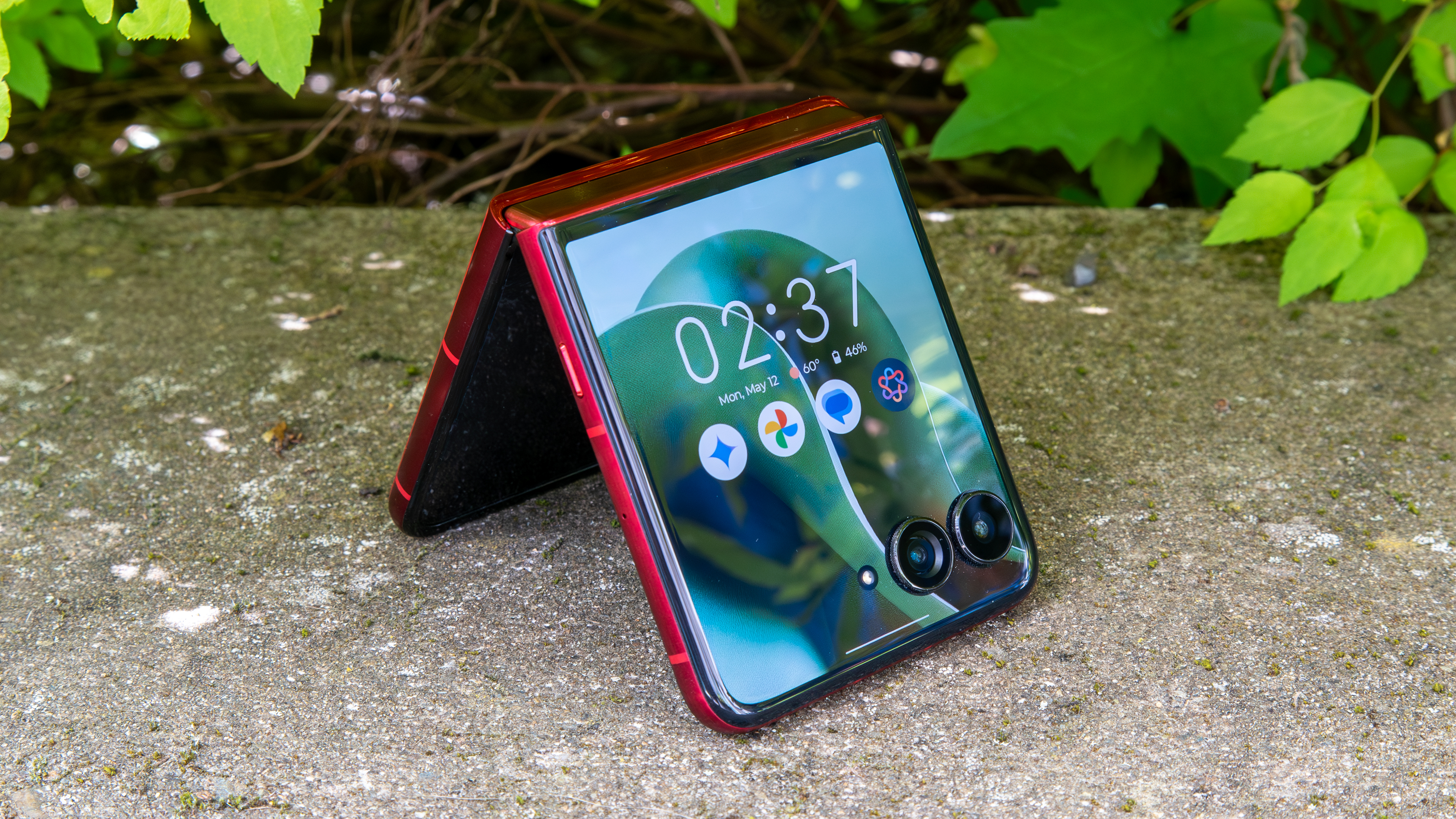
Specifications
Reasons to buy
Reasons to avoid
The Motorola Razr Ultra (2025) is two phones in one, outclassing the Galaxy Z Flip 6 in quite a few surprising ways. The biggest reason to choose the Razr Ultra (2025) is the cover screen, which is now even brighter than the one in the 2024 Razr Plus.
The Razr Ultra 2025 is a new addition to the lineup and features a proper flagship Snapdragon SoC, dedicated AI button, 50MP cameras all-round, and a much larger battery with even faster wired and wireless charging. Not to mention the IP48 rating and Pantone Validated cameras, finishes, and displays. The downside of all this is the higher price. This is Motorola's most expensive flip phone yet, but it does pack enough specs and features to justify its price.
It's hard to find fault with its capabilities as it simply aced all our tests. The Razr Ultra 2025 is a fantastic phone to live with, the cameras are improved and produce very good details, the displays are excellent, and battery life is well above average. We just wished Motorola comitted to a longer software update cycle than just three years.
Best premium foldable
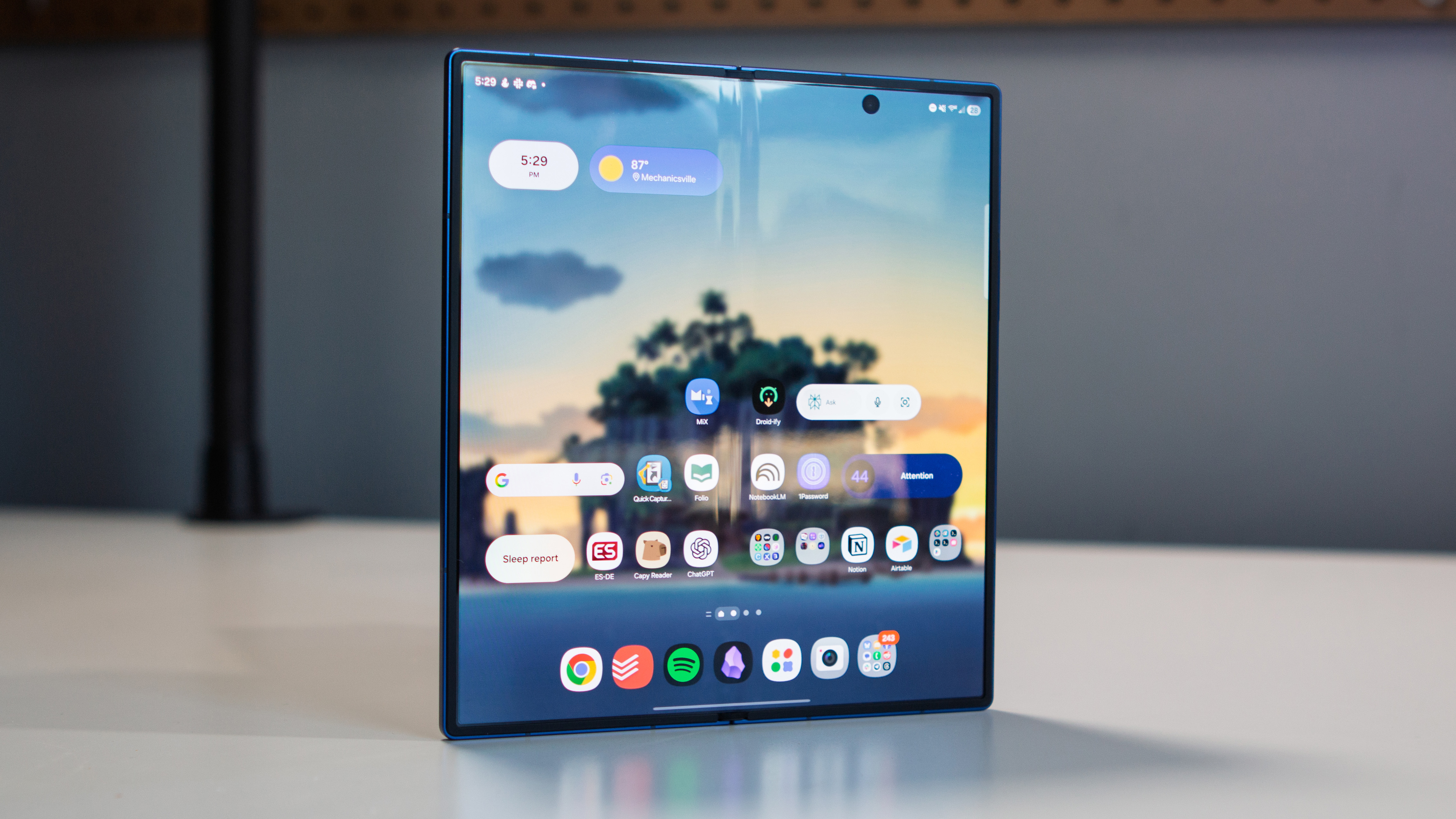
Specifications
Reasons to buy
Reasons to avoid
It took about three years, but Samsung finally overhauled its book-style foldable phone with the Galaxy Z Fold 7. Gone was the same stale candybar-like design, replaced by a phone that is much more sleek and comfortable to use.
With that, we have a wider cover screen to go along with a larger inner display than the Galaxy Z Fold models that came before. This should remedy a lot of complaints regarding the cover screen not being as useful due to just how narrow it was. Thankfully, that's no longer the case, as it feels like you're holding and using any regular slab phone.
At the helm of the Fold 7, we have the Snapdragon 8 Elite, paired with either 12GB or 16GB of RAM and up to 1TB of storage. Essentially, you can expect the same level of performance out of the Fold 7 as we've enjoyed from the Galaxy S25 Ultra so far.
That's not the only commonality here, as Samsung has finally upgraded the main camera on the Fold 7. It relies on the same 200MP wide-angle lens found in the S25 Ultra, which is joined by a 12MP ultrawide sensor and a 10MP telephoto lens with 3x optical zoom.
Unfortunately, in order to release a phone as thin as the Fold 7, sacrifices had to be made. So with that, we say goodbye to S Pen support, as Samsung removed the necessary digitizer in order to become the thinnest foldable phone. The writing has been on the wall for awhile, but it's still sad to see S Pen compatibility tossed aside.
Best with a stylus
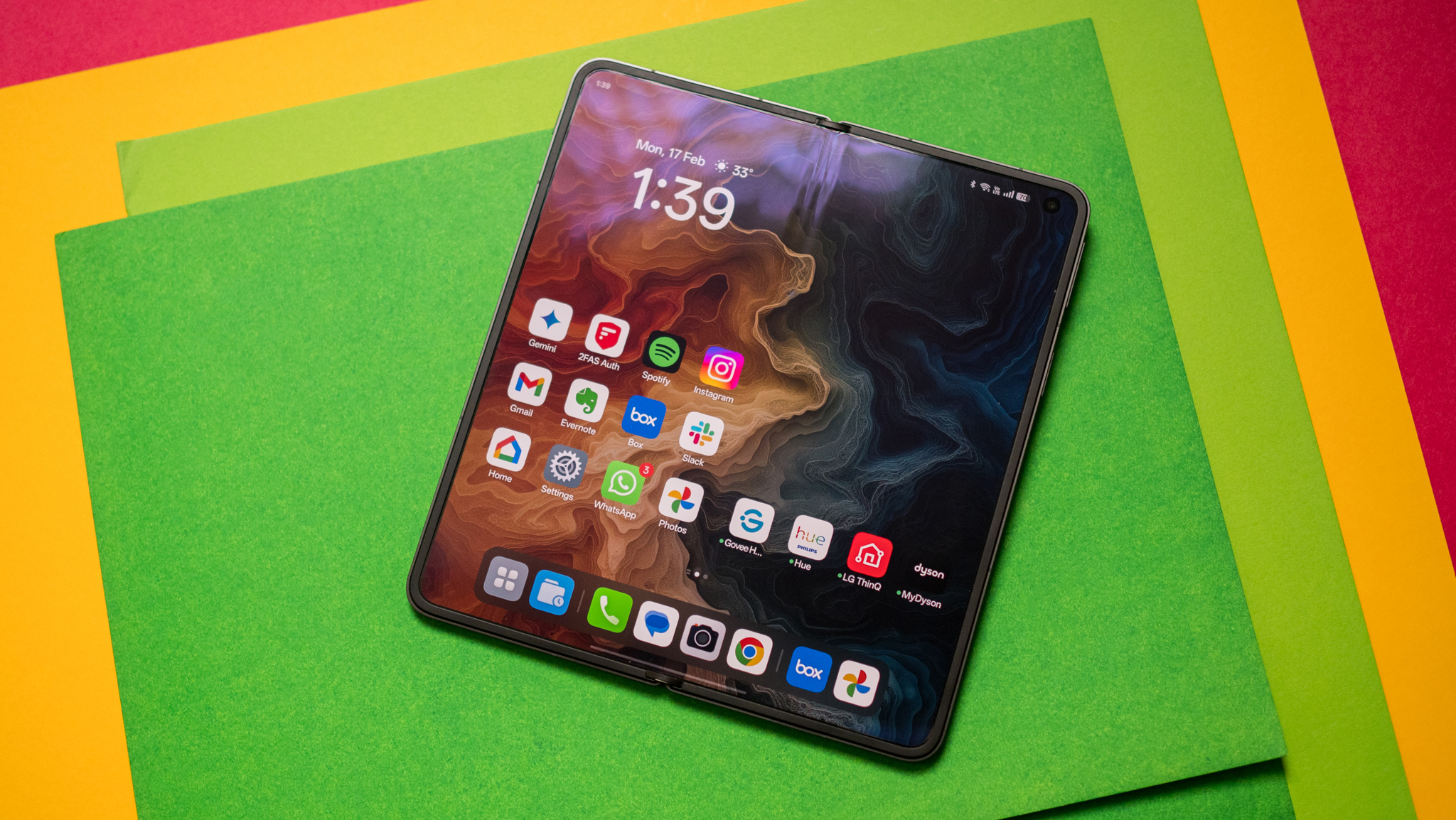
Specifications
Reasons to buy
Reasons to avoid
One of the best part of the OPPO Find N5 is that it doesn't feel like your using a foldable. All the negative traits like the bulk and weight simply don't apply here as it feels a like any other flagship phone when it's closed. The inner and outer displays are absolutely stunning, and there's a generous 8 inches of folding screen on the inside which is a tag larger than most others. The displays also get really bright and are great for using outdoor, under sunlight.
If the thin profile hasn't already got you sold, wait till you see what's on the inside. The Find N5 uses a custom Snapdragon 8 Elite SoC, making it the first foldable to use this chip. Due to the compact nature of such a device, benchmark scores are a bit lower than what this chip would normally produce, but real-world performance is top-notch. This is bolstered by the 16GB of RAM and ample 512GB of storage.
The OPPO Find N5 is also IPX9 rated for extreme ingress protection. This puts it on par with phones like the OnePlus 13 in terms of water reistance. The massive 5,600mAh battery easily lasts a full day, while the versatile set of cameras let you capture great stills and video in day or night. There aren't any major cons with this phone other than a few software quirks. The Find N5 has limited global availability but that could change if OnePlus rebadges it as the next Open foldable.
Best design
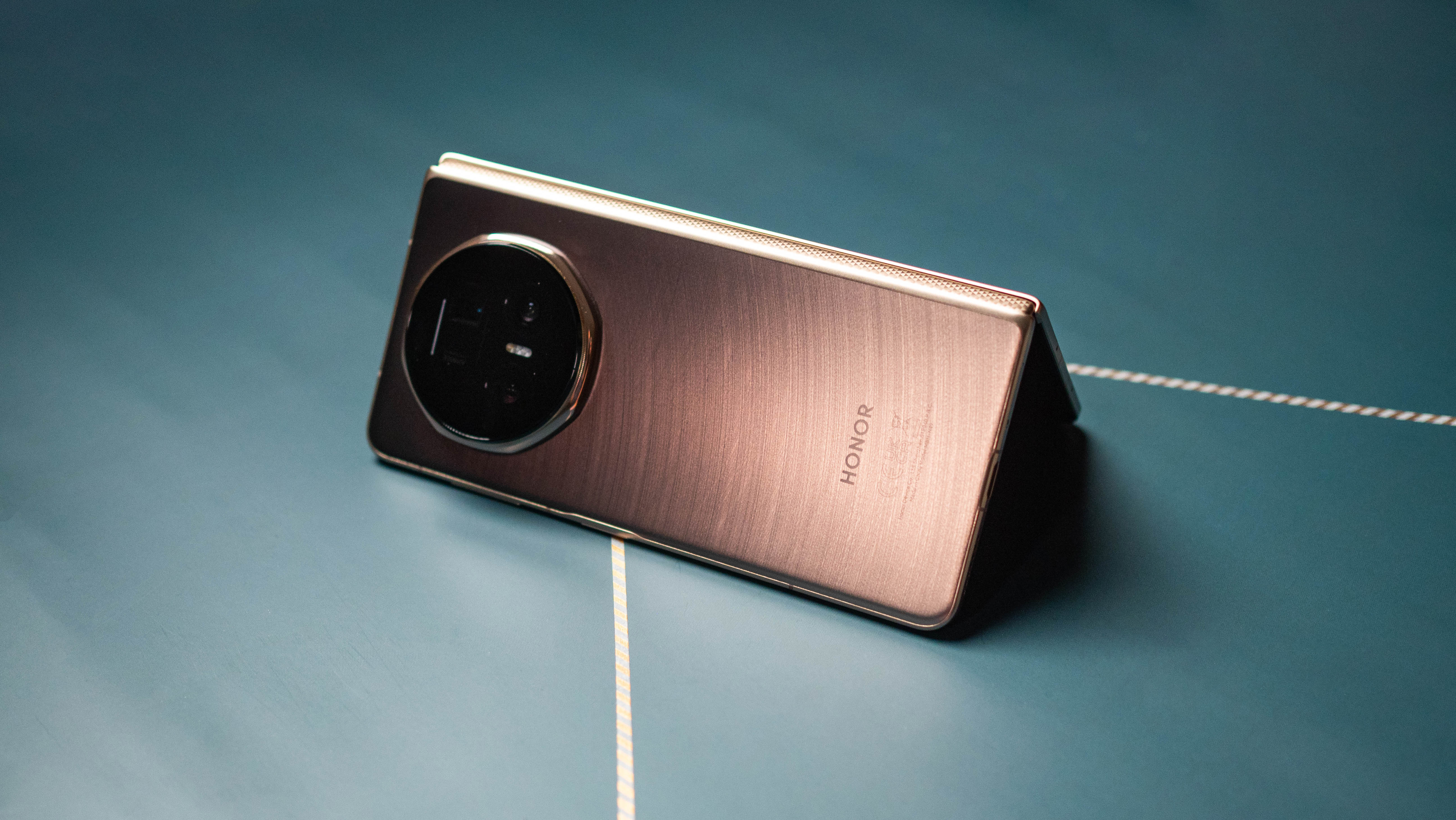
Specifications
Reasons to buy
Reasons to avoid
We think the Honor Magic V5 is one of the best looking foldables in the market today, especially the two-tone reflective styles. The phone is slimmer and lighter than its predecessor and has a very unassuming look. We also very much liked the inner and outer display panels for its crisp details, excellent colors, and very good touch response.
The Magic V5 is powered by the Snapdragon 8 Elite processor, and comes with 16GB of RAM and 512GB of storage. Performance is excellent, as you'd expect from a processor of this class. The cameras are also very good, although not quite on the same level as Vivo's foldables. From our experience testing it, the cameras easily outshines the Galaxy Z Fold 7 and Pixel 9 Pro Fold by a big margin, which is saying a lot.
Like most other foldables from Chinese brands, the Honor Magic V5 is not easy to get hold off outside of China and Europe, and it's not available for the U.S. market. Our only real criticism with this phone's predecessor was that the battery life is was bit underwhelming, but Honor fixed that up with a 5,820mAh capacity on the global version.
Best innovation
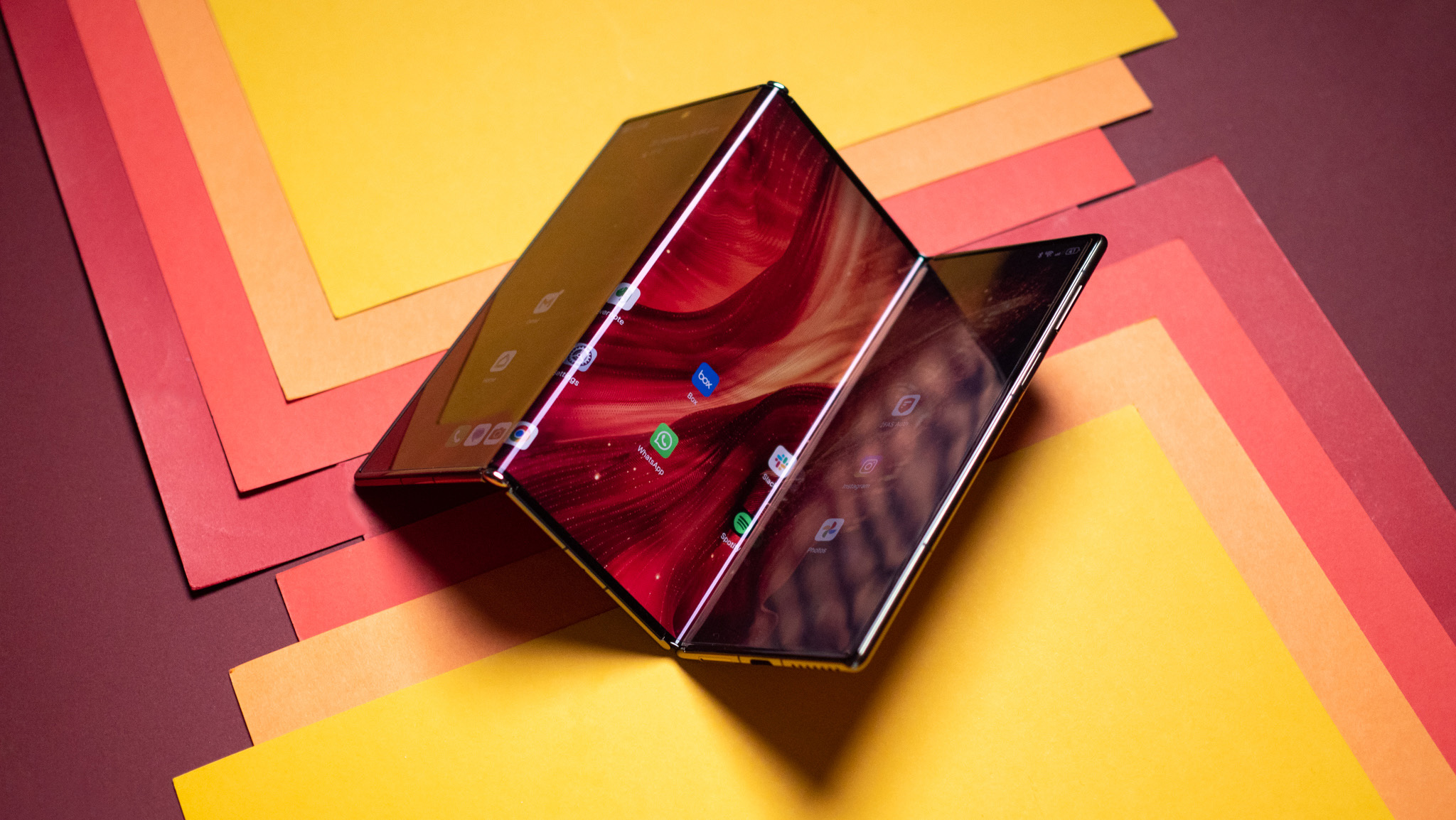
7. Huawei Mate XT
Our expert review:
Specifications
Reasons to buy
Reasons to avoid
If you want a jaw-dropping foldable that's sure to grab a ton of attention every time you unfold it, there's nothing better than the Huawei Mate XT. Built purely as a proof of concept and sold in select regions only, this mind-melting triple-fold phone costs €3,499 ($3,600), which is twice as much as the Find N5.
What you get though is a truly stunning piece of hardware that's on the cutting edge of tech. The folding screen opens up to a massive 10.2-inch OLED with an incredible 381 ppi, so text and iconography looks sharp. You can open it once to reveal a 7.9-inch screen, while the cover screen measures 6.4 inches.
The Mate XT uses Huawei's own in-house silicon called the Kirin 9010. It's good enough for gaming and regular use, but lacks the brute force of Qualcomm's and MediaTek's flagship offerings. We spent some time using the Mate XT and it was an incredible experience to say the least. Battery life is also solid thanks to the 5,600mAh capacity. We should see more devices like this as the technology get more mature, but this is essentially where foldables are headed and we love how the future looks.
How to choose
What's the best foldable phone?
Why you can trust Android Central
We rank the Samsung Galaxy Z Flip 7 as the best foldable phone for most people because of its powerful processor, solid camera performance, good battery life, and large cover screen. Plus, Samsung's foldable phones have proven to be more durable, and capable of withstanding hundreds of thousands of folds more than the competition.
But a flip style isn't for everyone, and all of our staff who use foldables regularly prefer the larger form factors of the OPPO Find N5 or Samsung Galaxy Z Fold 7. These two phones give you the option of having a tablet-sized display when you need it with the pocketability of a standard phone the rest of the time. If you're specifically looking for a good looking foldable, the Honor Magic V5 gets our strong vote. If money is no object and you want the absolute best just the show off, there's nothing more futuristic than the Huawei Mate XT.
Plus, companies like Samsung and OnePlus have created powerful multitasking software systems that make it a joy to use multiple apps at once on that big screen.
Are foldable phones worth it?
Any fledgling technology tends to cost more, which means that many people often get priced out of choosing a foldable phone as an option. Companies like OnePlus and Samsung often run great deals on their foldable phones, and trading in an older phone could get you hundreds off a new foldable.
But while large foldables tend to cost more, phones like the Motorola Razr have pushed the price of clamshell foldables to less than half the price they debuted at in 2019. That's a great track record for getting more foldables into people's hands affordably, and some even cheaper options from companies like Nubia, TECNO, and Xiaomi.
Then, you have foldables from brands that are not easily available in the U.S. Take the Vivo X Fold 5 which is just as thin as the Galaxy Z Fold 7 while offering better battery life and 100W charging. There's also the Honor Magic V5 which has an incredible design and solid specs.
What are the disadvantages of foldable phone?
Aside from price, foldable phones are more difficult to repair than traditional slab phones. Our own Andrew Myrick had several problems getting his Samsung Galaxy Z Fold 4 repaired, and he's not alone in this conundrum. While many companies like Samsung partner with shops like uBreakiFix, a broken display on a foldable is still a more difficult, costly process to repair.
We've also seen plenty of examples where foldable displays crack without any obvious damage infliction point. When this happens, there's a possibility that it could be covered under warranty. The problem is that repair shops aren't always consistent with how they identify warranty-eligible replacements, and we've run into these issues several times when trying to get foldables repaired over the years.
It's also worth noting that, traditionally, foldable phones have worse battery life and camera quality than a similarly-priced slab phone.
Do foldable phones last long?
Normally, a foldable phone will last you years without issue. Most foldable phones are rated for at least 200,000 consecutive folds before the hinge will start giving out, and companies like Samsung and OnePlus tout hundreds of thousands of folds beyond that before problems start to develop.
Foldables also tend to be more durable when dropped simply because the foldable display is encased within a protective clamshell.
But ultrathin foldable glass is still just ultrathin glass, and there's always the probability that it could break when you're using it normally, however unlikely that may be.
Get the latest news from Android Central, your trusted companion in the world of Android

- Roydon CerejoContributor
- Andrew MyrickSenior Editor — Smartphones (North America), Chromebooks & Tablets
- Brady SnyderContributor
- Namerah Saud FatmiSenior Editor — Accessories
